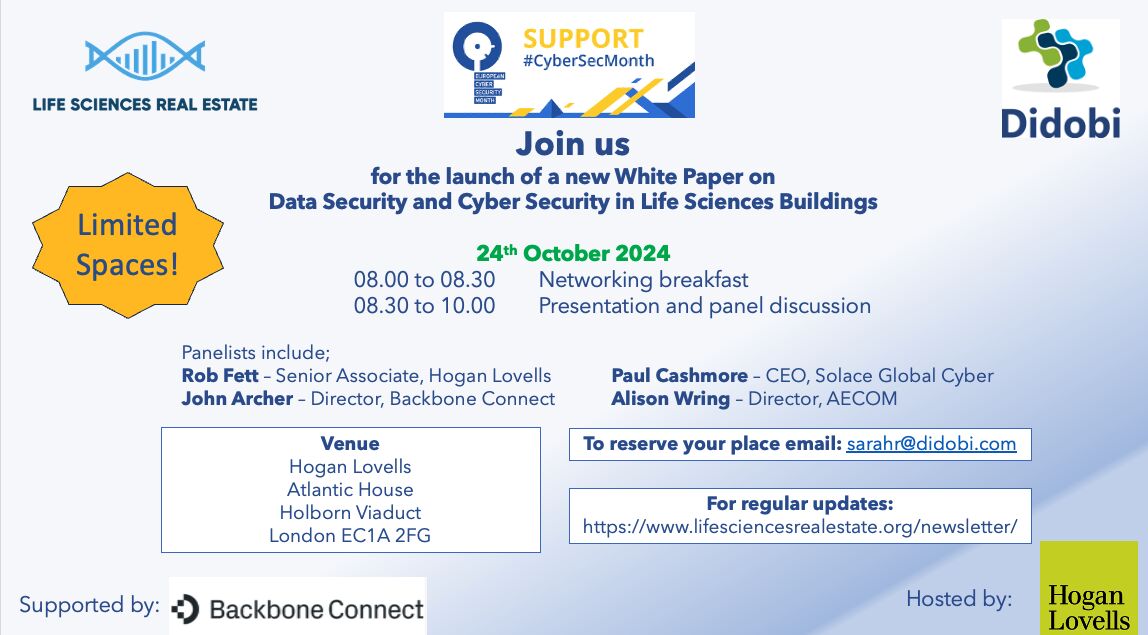
Didobi commissioned to support The UCL Social Data Institute
Didobi commissioned to support The UCL Social Data Institute in research to improve the visibility of the 1.32 million night workers in London
UK cities are at the forefront of a shift in policy making, moving away from a narrow focus on the ‘Night-Time Economy’ to thinking more widely about the communities, culture, environment and opportunities of cities at night. Despite efforts, understanding night-time activities, especially for often precarious night-workers, remains limited and requires a new evidence based gathered using ambitious approaches to data collection (both quantitative and qualitative) to drive equitable policy.
This research project seeks to improve the visibility of night workers in London. Didobi has been commissioned to support this research through engagement with night workers and businesses and organisations who employ people at night (6pm-6am).
Professor James Cheshire, Director of the UCL Social Data Institute, commented, “Night workers are an essential part of London’s economy, and we depend upon them to keep workplaces clean and secure, our hospitals open and to get us safely home at the end of a night out. However, compared to those who work during daylight hours, we have much less data about their needs and experiences. We hope this study will shed more light on how London can work better for them.”
Matthew Hopkinson, Managing Director of Didobi, commented, “Didobi is delighted to support this research and to leverage our recent work with London’s Night Time Enterprise Zones and the research that our co-funded PhD student is undertaking. A better understanding of night workers, especially those in the private sector, is critical to the social and economic health of a city especially a global city such as London.”
The UCL Social Data Institute, with support from the cross-faculty UCL Urban Lab and Didobi Ltd, aims to collaborate with the Greater London Authority to shed light on the lives of those working after dark to drive impactful research-driven policies, with a focus on the city at night.





